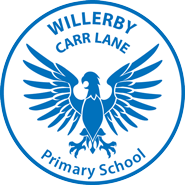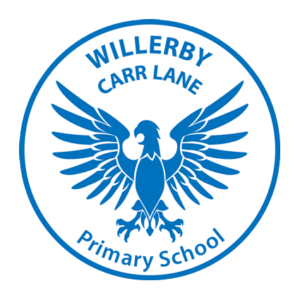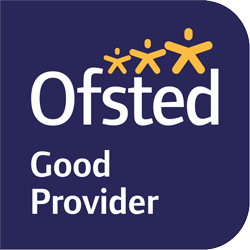Early Years Foundation Stage
Termly curriculum planning:
We follow the Statutory Framework from the Department for Education with the Early Years Foundation Stage framework.
This has four principles that we follow:
- A Unique Child
- Positive Relationships
- Enabling Environments
- Learning and Development
To enable children to develop:
- Personal, Social and Emotional Development, (making Relationships, Self-confidence and self awareness, Managing feelings and behaviour)
- Communication and Language , (Listening and attention, Understanding and speaking)
- Physical Development, (Moving and handling and Health and self-care)
- Literacy, (Reading and Writing)
- Maths, (Number and Shape, space and measure)
- Understanding of the World, People and communities, The world, Technology)
- Expressive Arts and Design, (Exploring and using media and materials, Being Imaginative)
Continuous provision
Within our large open plan ‘learning landscape’ area, children have access to
- a writing area containing various writing implements and papers as well as envelopes and examples of good writing
- a book corner containing a range of fiction, non-fiction, poetry and class-made books
- a maths resource area which allows children to select appropriate items to help them solve practical problems
- a creative area containing resources for a range of art, design, music and technology activities
- a construction area containing resources for developing fine motor skills, social interaction and problem solving
- a small world area which allows children to extend fine motor skills, engage in imaginative play and develop language
- an area for sand, malleable materials (e.g. play dough) and water play, where children can engage in practical investigations
- a role play area which can be developed along themed line to cover several aspects of learning in “real life” scenarios.
Development & Assessment
The outside area is seen as an extension of the classroom and the above opportunities will be available outside as well as inside.
Through all of our strands we aim to develop the children as they Play and Explore, be an Active Learner and to have Creative and Critical Thinking.
The staff are constantly assessing the children in their everyday activities, play and through more focussed work. We use observations of the children, photos, the work that they do, feedback from parents and comments made by the children, as well as a new ipad app to decide where we believe the children are working in the 17 areas of learning.
This is based on the Development Matters document which gives statements for the ages of the children. We share this with parents and base the next steps for the children on this.
The planning each term and each week is taken from the previous week’s findings, the interests of the children and the next steps.
Further information:




